Have you ever felt those mesmerizing feline eyes fixed on you, only to discover your cat is content to watch from afar rather than join in? This curious behavior can leave even the most devoted cat owners wondering what goes on in their pet’s mysterious mind. Why do cats often prefer silent observation over active engagement? In the world of cats, watching is far more than a passive hobby; it’s a complex language and a window into their emotional world. Let’s embark on an eye-opening journey into the feline psyche, exploring the surprising reasons your cat prefers to be a silent spectator rather than a constant companion.
Natural Instincts: The Silent Observer
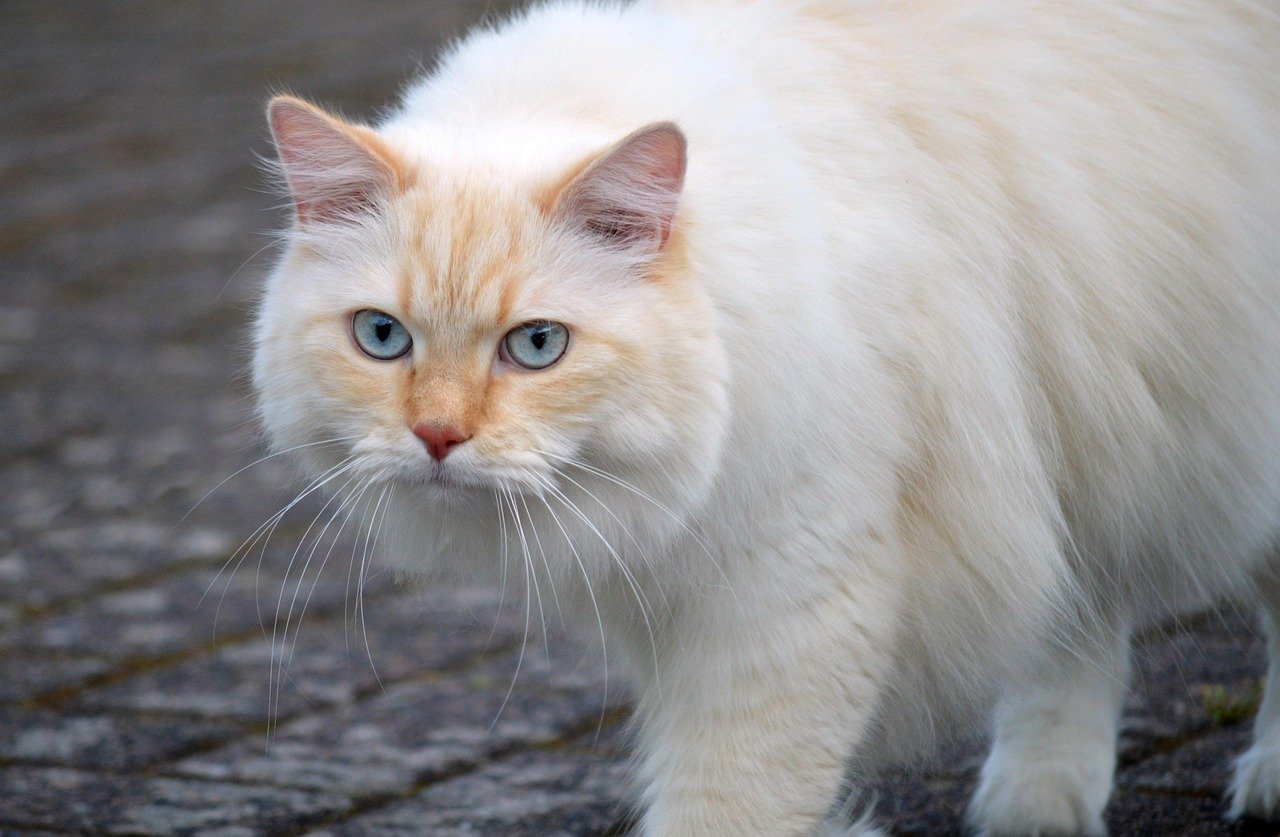
Cats are born observers. In the wild, their survival depends on the ability to watch quietly and notice subtle changes around them. Unlike dogs, who evolved to work closely with humans, cats developed as solitary hunters. This means their social behaviors are more subtle, and observation comes naturally to them. Watching allows them to assess situations before making any move. If you’ve ever seen your cat stare intently at a bird through the window, you’ve witnessed this primal instinct in action. Their quiet vigilance is part of what makes them such successful hunters—and such mysterious companions.
Understanding Feline Body Language
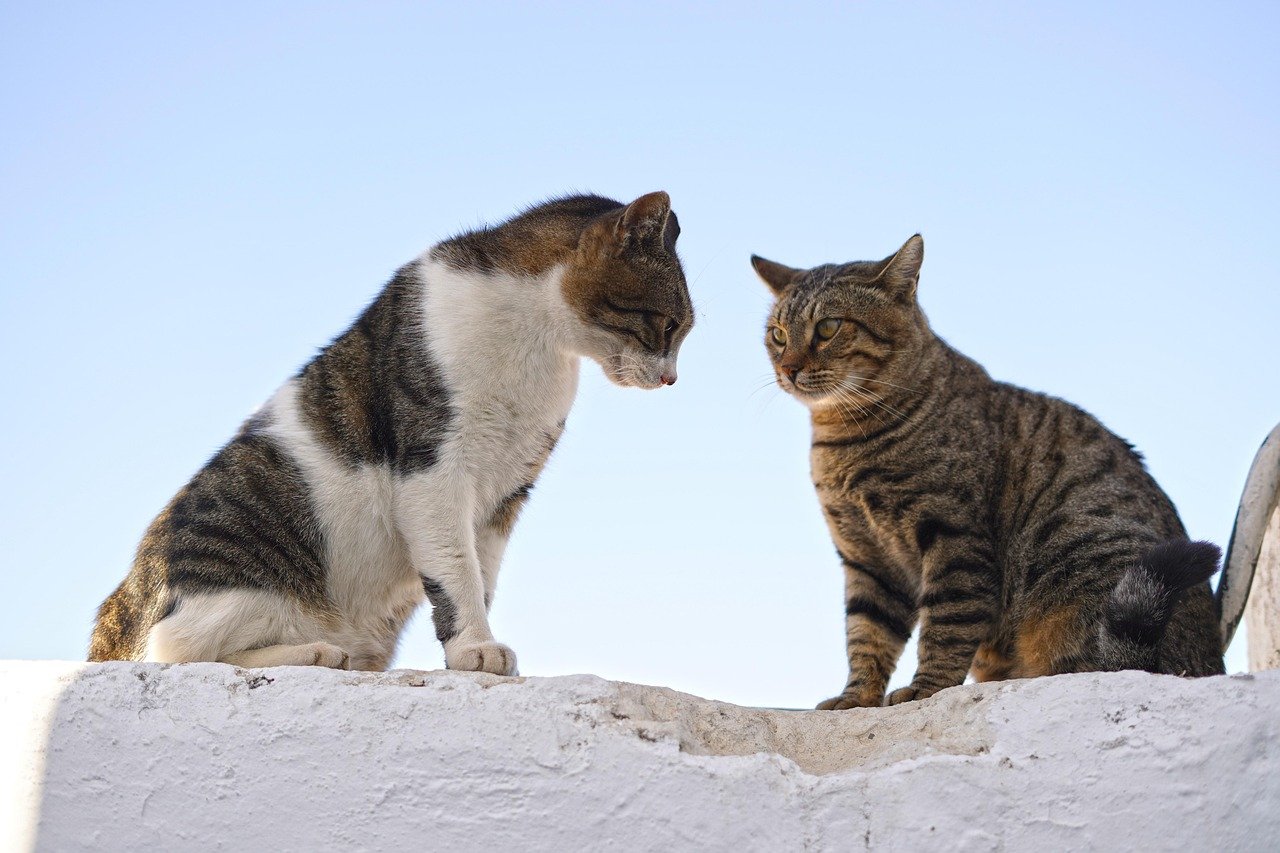
When a cat watches you, it’s not just idle curiosity. They are reading your body language, trying to understand your intentions and mood. Cats rely heavily on non-verbal cues, as their communication is mostly silent. A flick of your wrist, a change in your posture, or even a sigh can give them valuable information. This constant observation helps them decide whether it’s safe or enjoyable to approach. In many ways, your cat is having a silent conversation with you every day, simply by watching how you move and act.
Trust: The Foundation of Feline Relationships

If your cat prefers to watch you rather than interact, it doesn’t mean they don’t love you. In fact, watching is often a sign of trust. By keeping an eye on you from a distance, your cat is showing that they feel safe in your presence. They don’t need to be constantly close to feel connected. For many cats, especially those with shy or independent personalities, observation is their way of participating in family life. It’s a subtle, gentle form of companionship that shouldn’t be underestimated.
Curiosity: A Cat’s Greatest Motivator
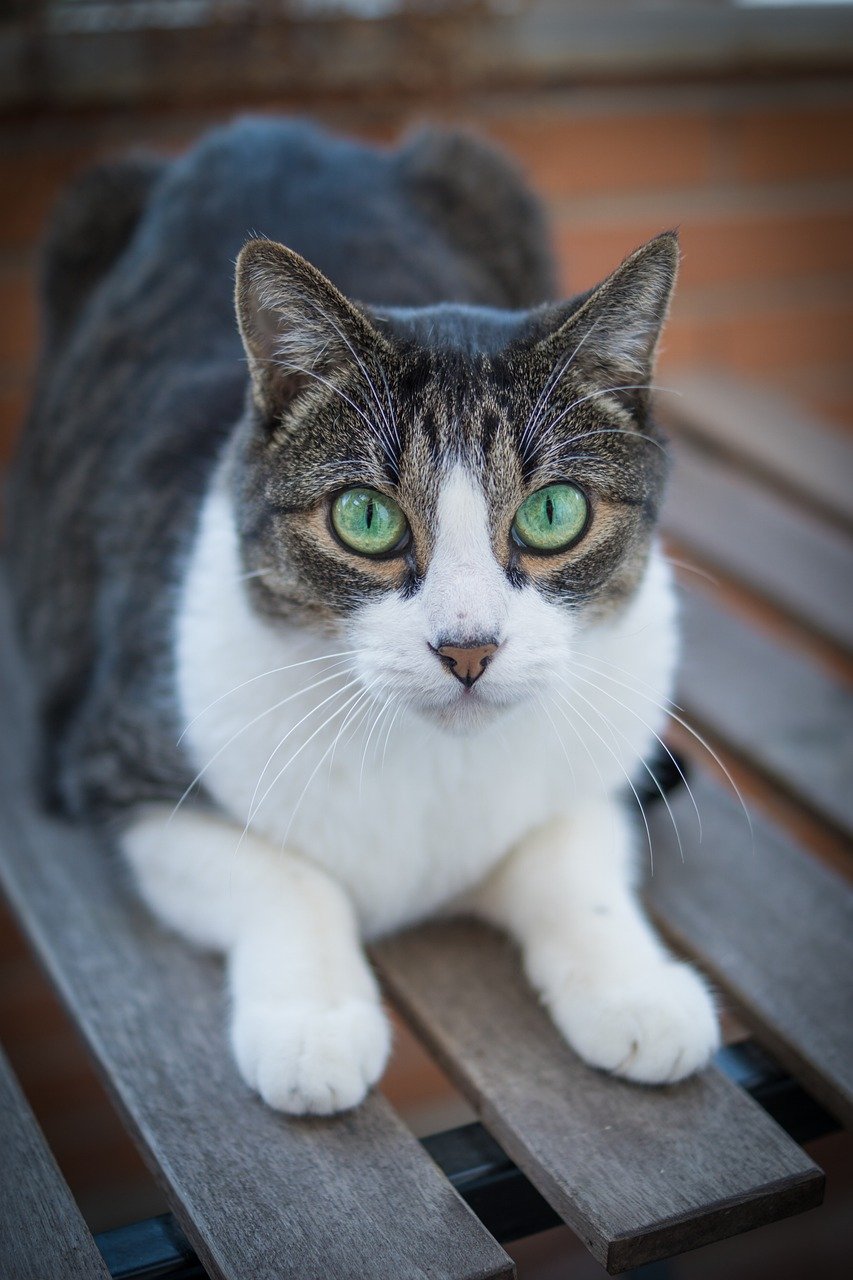
Curiosity is famously linked to cats, and for good reason. Their desire to observe everything around them is hardwired from kittenhood. Watching is how they learn about their environment, the people they live with, and even other pets in the house. You might catch your cat studying you while you cook, clean, or even work on your laptop. This inquisitive nature is part of what makes living with a cat so entertaining—they seem to never miss a thing, always quietly gathering information.
Assessing Safety and Comfort

Before a cat decides to approach or interact, they need to be sure it’s safe. Watching from a distance allows them to assess the situation without putting themselves at risk. Loud noises, sudden movements, or unfamiliar guests might make your cat more cautious. By watching, they can decide when it’s the right moment to join in—or when it’s better to stay put. This careful risk assessment is a big part of why cats often watch more than they participate, especially in busy households.
Territorial Instincts and Surveillance
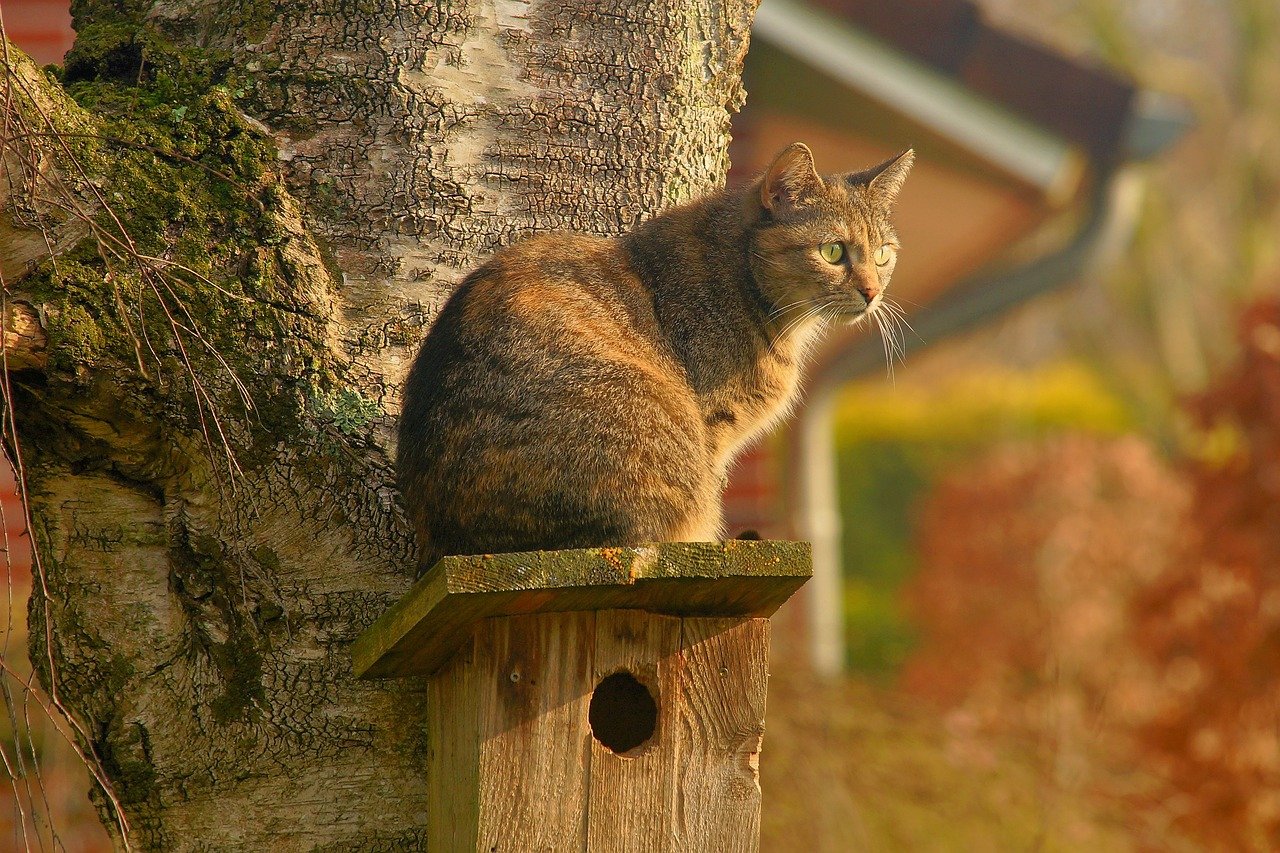
Cats are territorial creatures, and their home is their kingdom. By watching you and everything else that goes on, they are essentially acting as the guardians of their territory. This constant surveillance helps them feel in control and aware of their environment. If you notice your cat perched in high places, like the back of a sofa or a windowsill, it’s because they want a good vantage point to keep watch. It’s their way of managing the world around them—even if it looks like they’re just quietly lounging.
Observing to Learn: Mimicry and Adaptation
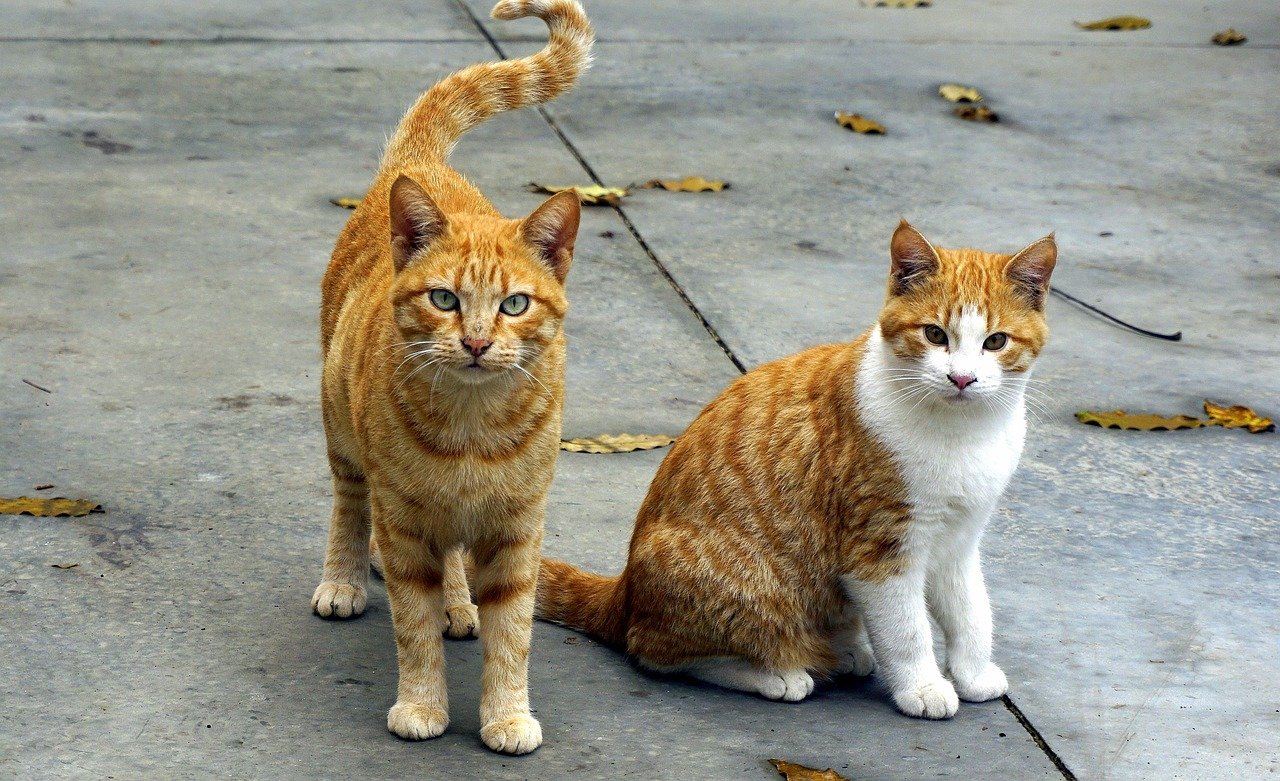
Cats are surprisingly adept at learning by observation. They watch how you open doors, interact with objects, and even use certain tools. Over time, some cats learn to mimic these actions, opening cabinets or turning on faucets. This observational learning is a testament to their intelligence. When your cat sits and stares at you doing something new, they may be trying to figure out if it’s something they can use to their advantage or simply satisfy their endless curiosity.
Past Experiences and Socialization

A cat’s early life has a big impact on how much they interact versus observe. Those who were well-socialized as kittens are often more outgoing and interactive. On the other hand, cats who had limited human contact or negative experiences may be more reserved, preferring to watch from a safe distance. This doesn’t mean they can’t become more interactive over time, but it does explain why some cats are more comfortable being silent spectators.
Energy Conservation and Rest Patterns

Cats are masters at conserving energy. You’ll often find them lounging and watching rather than actively playing or engaging. This isn’t laziness—it’s a smart survival strategy. In the wild, cats need to save energy for hunting. Even in a cozy home, this instinct remains. By watching rather than constantly interacting, your cat is preserving energy for when they really need it—like a sudden burst of play or a sprint around the house.
Introverted Feline Personalities

Just like people, cats have unique personalities. Some are extroverts, eager to interact and be the center of attention. Others are introverts, finding comfort in observing rather than joining in. If your cat prefers to watch you from across the room, it may simply be their personality shining through. This doesn’t mean they don’t enjoy your company—it’s just their preferred way of being part of the family.
Sensitivity to Overstimulation

Cats can become easily overstimulated by too much touch, noise, or excitement. After a few minutes of play or petting, they might retreat to a quiet spot and watch from afar. This is their way of managing their energy and preventing stress. By stepping back and observing, they can still be near you without feeling overwhelmed. It’s a gentle reminder that cats need their own boundaries respected.
Enjoying the Comfort of Routine
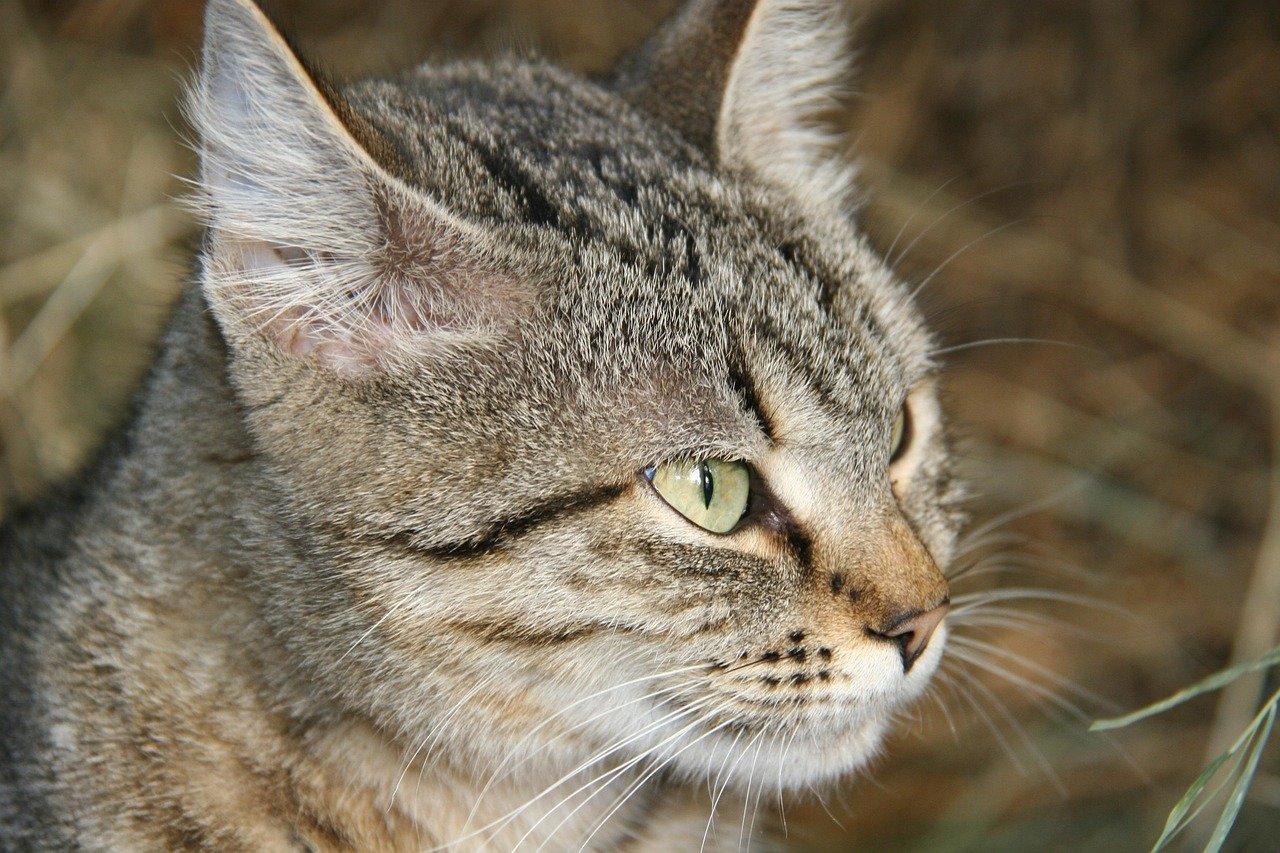
Cats are creatures of habit. They find comfort in predictable routines and familiar sights. Watching you go about your daily activities provides a sense of reassurance. Your cat might quietly observe as you prepare breakfast or settle in to watch TV, finding comfort in these everyday rituals. This silent companionship is one of the most touching ways cats show their love—even if it’s from a safe distance.
Social Hierarchies and Respectful Distance
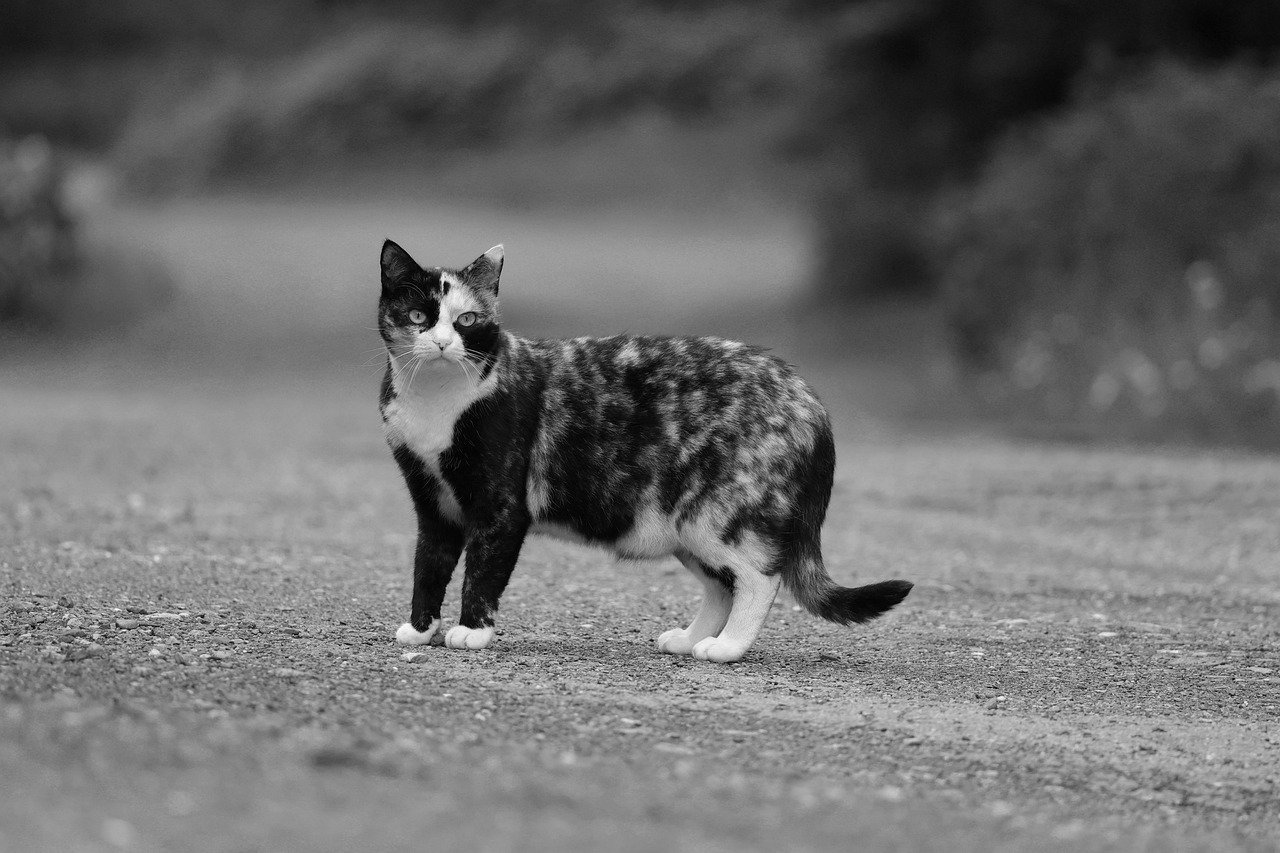
In multi-cat households, social hierarchies play a big role in how cats interact. Sometimes, a cat will watch both you and other cats before deciding how to engage. Giving space is a sign of respect in the feline world. By observing instead of always interacting, your cat is honoring the unspoken rules of their social structure, which helps keep household peace.
Human Behavior and Mixed Signals
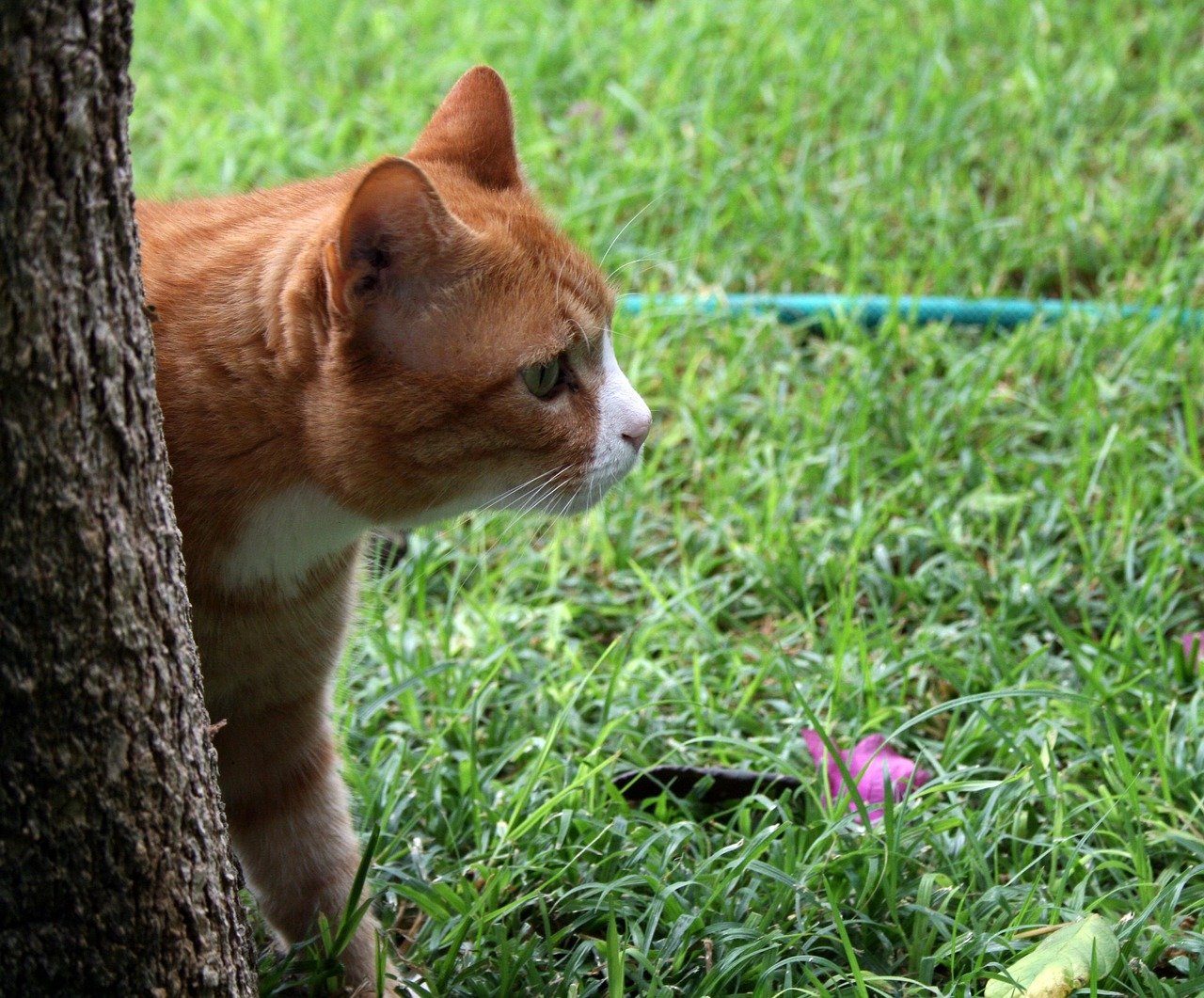
Sometimes, our own actions confuse our cats and make them more likely to watch than interact. Sudden movements, loud voices, or inconsistent routines can make a cat cautious. Even well-meaning gestures, like picking up a cat who prefers to stay put, can make them hesitant. The more predictable and gentle our behavior, the more likely a cat is to feel comfortable enough to interact rather than just observe.
The Influence of Age and Health
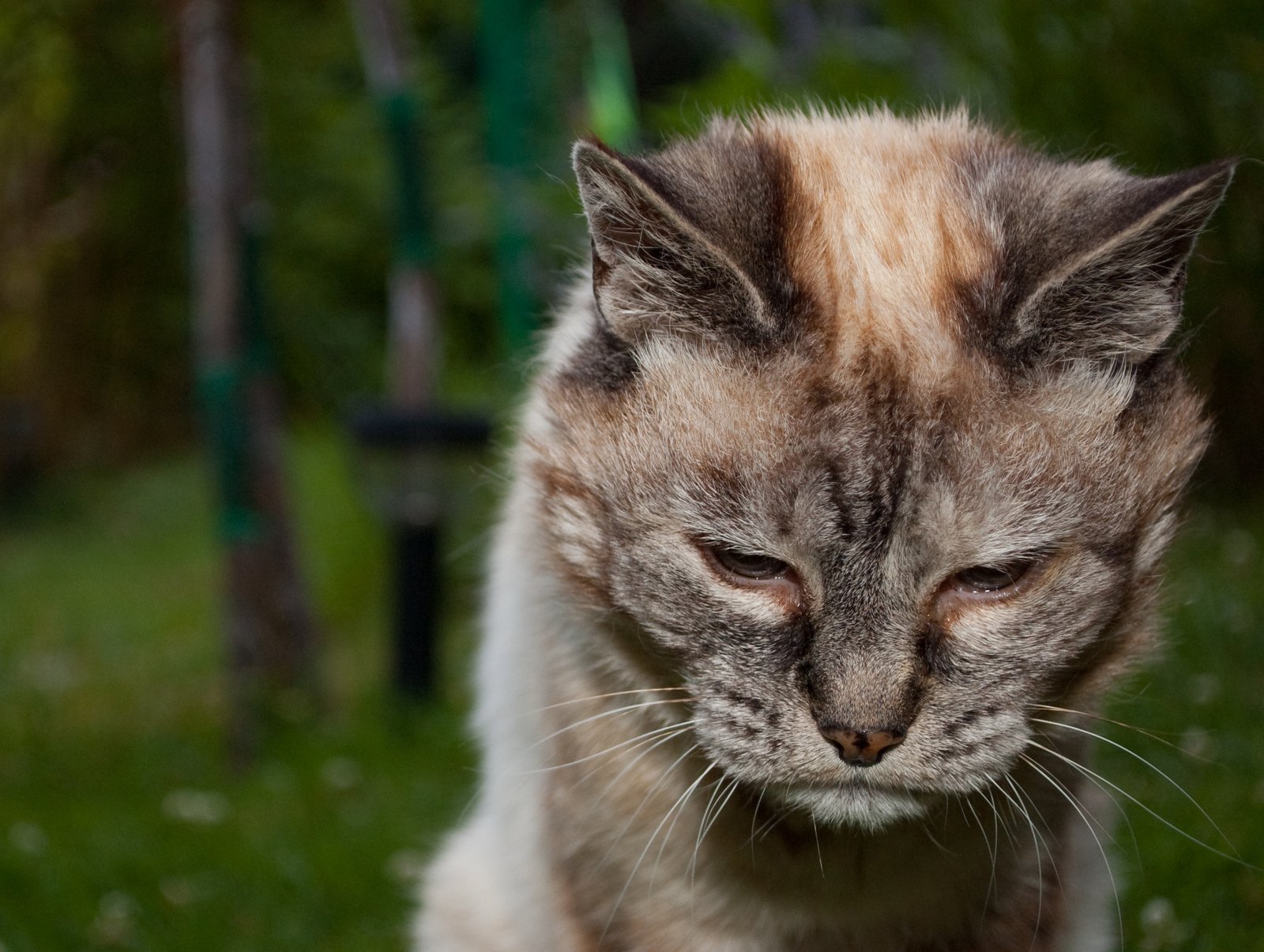
As cats age, their energy levels and social preferences often change. Older cats may watch more and interact less simply because they tire more easily or have health issues that make active play difficult. This doesn’t mean they love you any less—it’s just a natural part of aging. If your senior cat spends more time watching quietly, it’s important to honor their pace and comfort.
Environmental Factors: Space and Security

The layout of your home and the environment you provide can also influence how much your cat interacts. Cats love having high perches and safe spaces where they can observe without feeling exposed. If your home is busy or noisy, your cat may watch more and interact less. Creating cozy, quiet nooks can help them feel secure enough to join in when they’re ready.
Waiting for the Perfect Moment
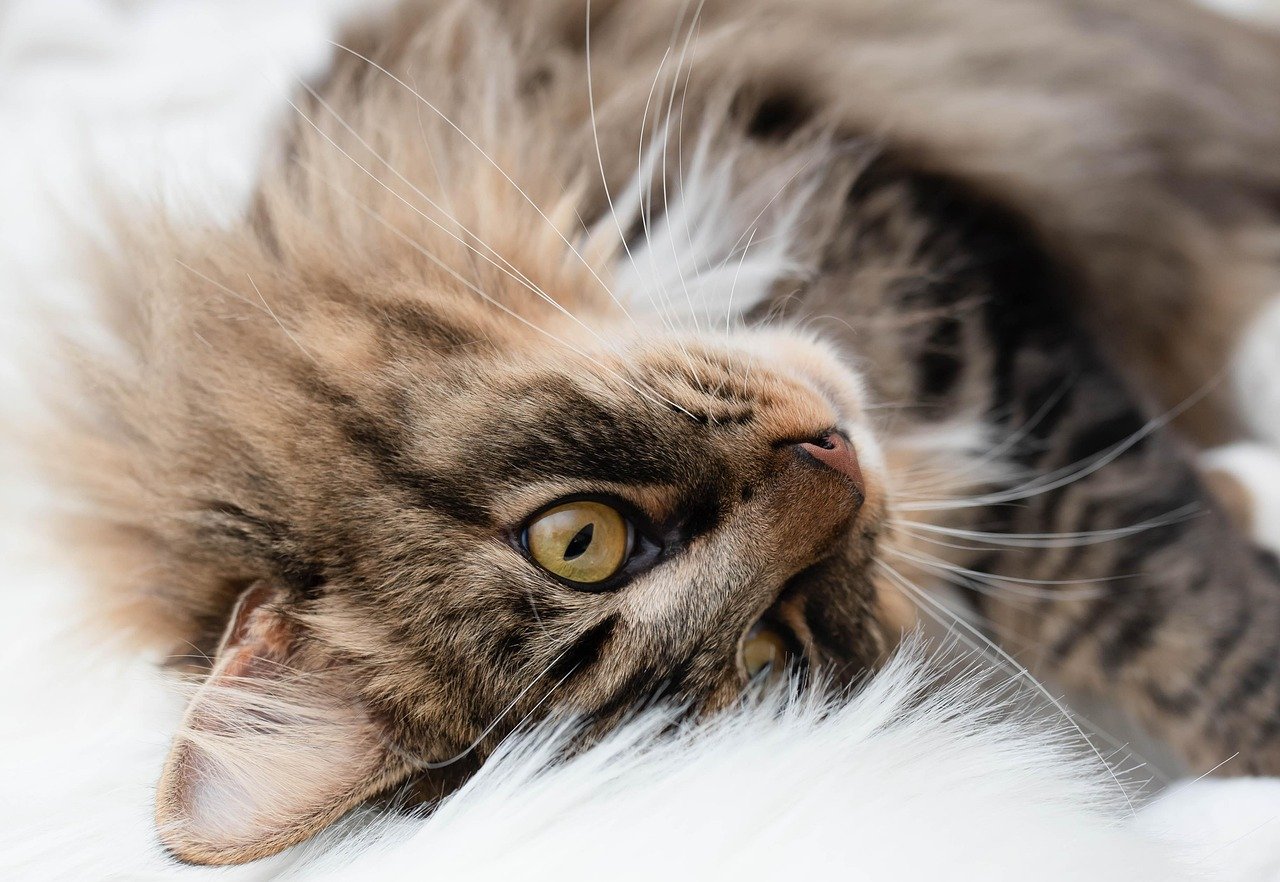
Cats are patient animals, often choosing to watch until the timing feels just right. They might wait for a quiet moment or a favorite activity before approaching. This patience can be mistaken for aloofness, but it’s actually a sign of their thoughtful, calculated nature. When your cat finally does decide to interact, it feels all the more special because you know they’ve chosen the moment just for you.
Communication Without Words

A cat’s gaze can speak volumes. They may watch you to communicate affection, curiosity, or even a request for food or play. Slow blinking is a classic sign of feline love and trust. By watching you, your cat is participating in a silent conversation—one that deepens your bond in ways words never could. Learning to read these subtle signals can make your relationship even more rewarding.
Bonding Through Shared Experiences
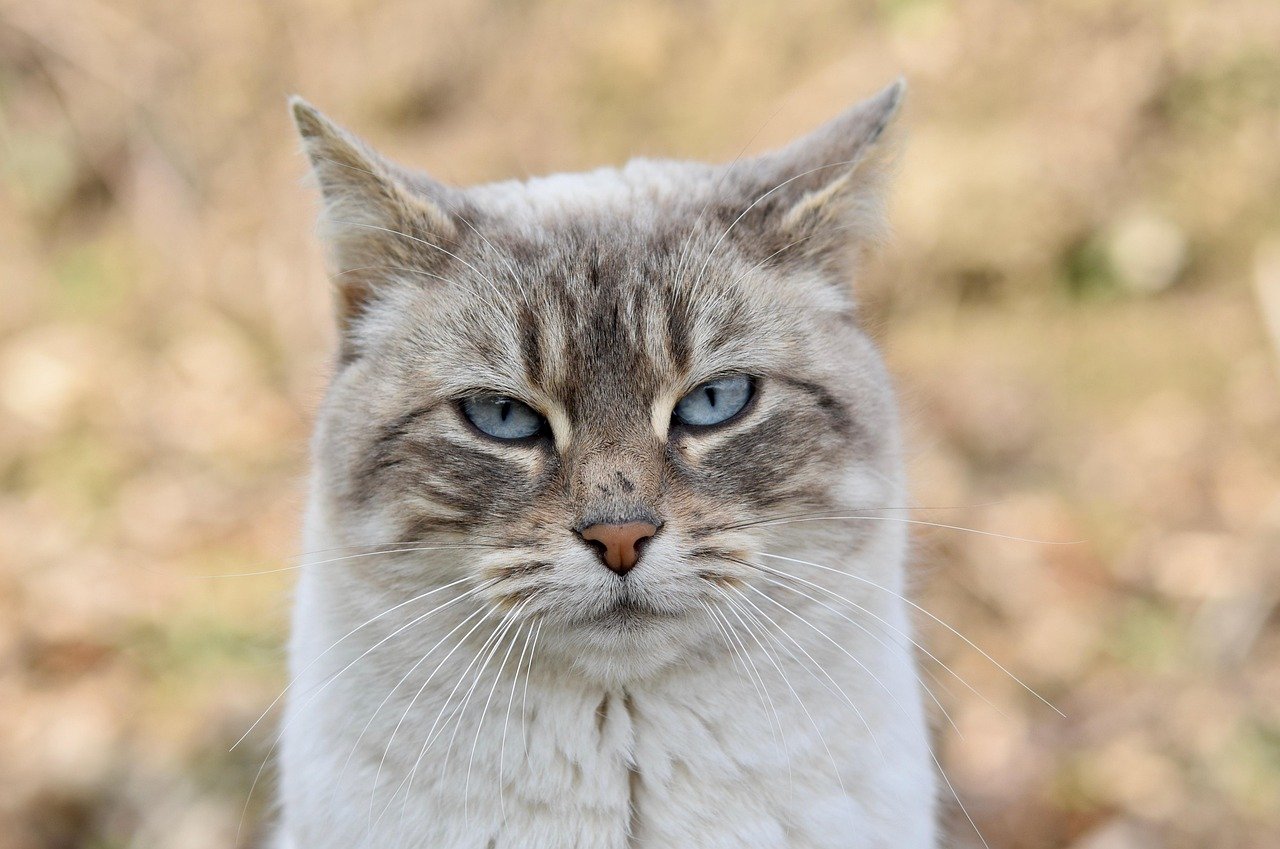
Sometimes, the act of watching is itself a form of bonding. Your cat may sit with you while you read, work, or relax, simply enjoying your presence. This shared quiet time is deeply meaningful for many cats. They don’t always need to be in your lap or chasing a toy to feel connected. Sometimes, just being together in the same space, watching the world go by, is enough.
The Magic of Being Chosen

There is a special magic in knowing your cat has chosen to watch you. In the feline world, trust and affection are given on their own terms. When your cat’s eyes meet yours from across the room, it’s a silent signal that you are important and worthy of their attention. This quiet recognition can feel even more powerful than constant interaction. It’s a reminder that in the mysterious language of cats, sometimes watching is the highest compliment they can give.
Hi, I’m Bola, a passionate writer and creative strategist with a knack for crafting compelling content that educates, inspires, and connects. Over the years, I’ve honed my skills across various writing fields, including content creation, copywriting, online course development, and video scriptwriting.
When I’m not at my desk, you’ll find me exploring new ideas, reading books, or brainstorming creative ways to solve challenges. I believe that words have the power to transform, and I’m here to help you leverage that power for success.
Thanks for stopping by, Keep coming to this website to checkout new articles form me. You’d always love it!






